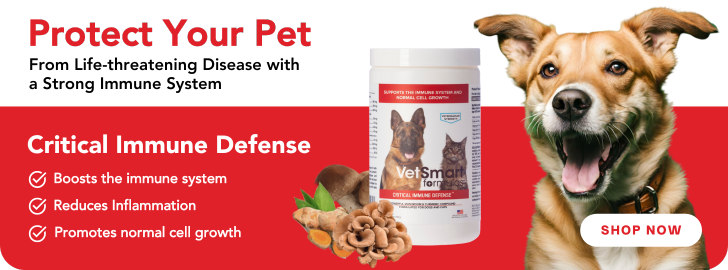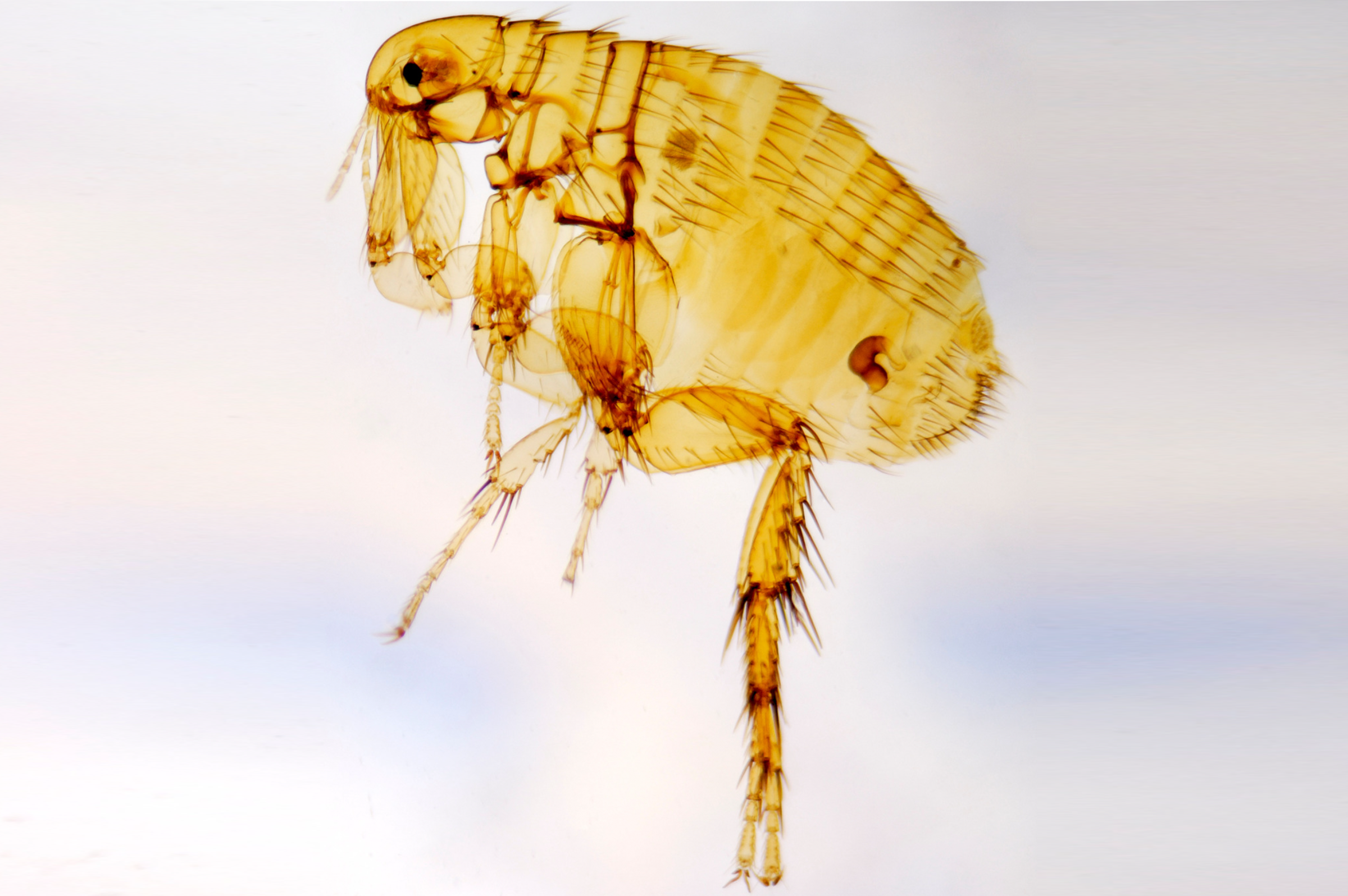As responsible pet parents, we pay close attention to our dogs' diets, understanding that what we feed them is crucial for their health and longevity. However, what about the less conventional food items, like mushrooms, that dogs might encounter on a plate or in the yard? At Pet Wellness Direct, we recognize the importance of awareness surrounding canine nutrition and believe that with knowledge comes the power to protect and nurture our beloved companions.
Understanding Mushrooms: The Good, The Bad, and the Toxic
Mushrooms, a fungus with a kingdom of their own, can range from highly nutritious to dangerously poisonous. While many can offer health benefits, others can cause serious harm or even prove fatal to canines. It is essential to discern between safe and unsafe varieties to ensure that our four-legged friends do not ingest something potentially harmful.
Safe Varieties for Dogs
Mushrooms, particularly varieties like turkey tail, shiitake, maitake, and reishi, offer a myriad of health benefits. Turkey tail mushrooms are rich in polysaccharides and antioxidants, known for their immune-boosting properties. Shiitake mushrooms contain compounds like lentinan, which may help support the immune system and possess anti-inflammatory effects. Maitake mushrooms are recognized for their potential in regulating blood sugar levels and promoting cardiovascular health. Reishi mushrooms have been traditionally valued for their adaptogenic properties, aiding in stress management and immune system modulation.
Additionally, these mushrooms are often praised for their high nutritional content, including essential vitamins, minerals, and amino acids. Incorporating a variety of these mushrooms into one's diet may contribute to overall well-being and provide a natural boost to the immune system.
Culinary mushrooms, such as button and portobello, are generally safe for dogs, provided they are without added spices or fats. These edible fungi can provide your pets with proteins, fibers, and vitamins beneficial for their diet. However, always introduce any new food into your dog's diet gradually and in moderation to monitor their reaction.
Mushrooms to Avoid
It’s important for dog owners to exercise caution and vigilance when it comes to their pets encountering mushrooms during walks. While some mushrooms are harmless, others can be toxic to dogs and pose serious health risks. Dogs may be curious and inclined to sniff or even ingest mushrooms they come across, potentially leading to adverse reactions.
To ensure the safety of your furry companion, it is advisable to keep them on a leash and closely monitor their behavior during walks, especially in areas where mushrooms are prevalent. Prevention remains key, and pet owners should educate themselves on the local flora and fauna to identify and avoid potentially hazardous mushrooms during outdoor activities with their dogs.
When it comes to wild mushrooms, the risks far outweigh any potential benefits. Many varieties, such as the Amanita phalloides (also known as the Death Cap mushroom), can cause severe toxic reactions. Here's a short list of mushrooms that are known to be toxic to dogs:
- Amanita phalloides (Death Cap)
- Amanita pantherina (Panther Cap)
- Amanita muscaria (Fly Agaric)
- Galerina marginata (Deadly Galerina)
It's prudent to adhere to the axiom "When in doubt, keep it out" regarding any unidentified mushrooms and your pet's access to them.
Recognizing Mushroom Poisoning in Dogs
Understanding the symptoms of mushroom poisoning can be vital in seeking immediate veterinary care, which could save your dog's life. The ASPCA Animal Poison Control Center lists signs of mushroom toxicity that may include vomiting, diarrhea, lethargy, liver failure, and seizures. Quick response is crucial, so familiarize yourself with these symptoms:
- Vomiting
- Diarrhea
- Lethargy
- Jaundice (a sign of liver failure)
- Seizures
If any symptoms arise after potential mushroom ingestion, contact your veterinarian or an animal poison control center immediately.
Creating a Safe Environment for Your Dog
Keeping your dog safe from toxic mushrooms primarily involves prevention. Regularly scour your yard, especially after rainy periods when mushrooms are likely to sprout. Create a barrier or remove any wild mushrooms, ensuring that they are out of your dog's reach. When walking your dog, vigilance is key; always keep an eye out for any fungi that might be growing in the area and keep your pet at a safe distance.
Conclusion
At Pet Wellness Direct, we're committed to the wellbeing of your pets through education and high-quality, vet-approved nutritional supplements. When it comes to your dog's nutrition, mushrooms are a powerful tool to help your dog’s immune system and health. Understanding their impact is crucial. Your awareness and preventive actions can be the protective shield your dog needs against the dangers that some mushrooms pose. For more health and nutrition tips for your dog, keep following our blog, and consider our range of canine health products for optimal pet care, like our Critical Immune Defense, packed with all the mushroom goodness your pet needs











